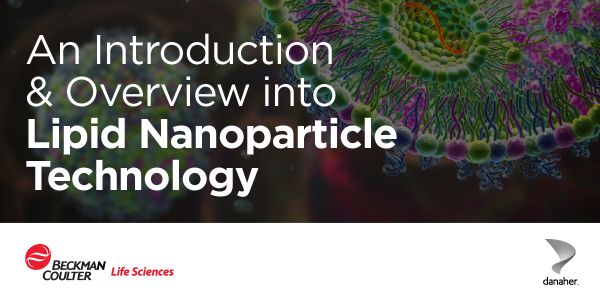A Pharmacogenomic Approach to Medical Cannabis
-
Jahan Marcu, PhD
Founding Partner, Marcu & Arora; Chief Scientific Officer, Physicians Research Center PlusBIOGRAPHY
The therapeutic applications of medical cannabis and cannabinoid drugs is controversial, however the number of medical conditions in which cannabinoids and cannabis have shown promise as therapeutic treatments is expanding. The occurrence of side effects from cannabinoids is still a concern, especially with the wide variability in drug levels and response that has been observed. This is compounded by possible interactions with prescription drugs. Application of pharmacogenomics (PGx) and knowledge of drug-drug interactions could help patients and doctors navigate the complexities of combining prescription drugs and cannabis compounds. Genetic variants in several drug metabolizing enzymes may impact response to cannabinoids, including CYP3A4, CYP2C9, and CYP2C19. Furthermore, drug interactions caused by cannabinoids may also be mediated by drug metabolizing enzymes (e.g. CYP2C9, CYP2D6, CYP2B6, CYP1A1) and possibly drug transporters such as ABCB1. Understanding how commonly prescribed drugs and cannabinoids interact could help reduce risks associated with polydrug regimens. This presentation will discuss PGx testing for cannabis and potential impacts on commonly prescribed pharmaceuticals.
A Pharmacogenomic Approach to Medical Cannabis
Please update your information
Certificate of Participation
DOWNLOAD CERTIFICATE






